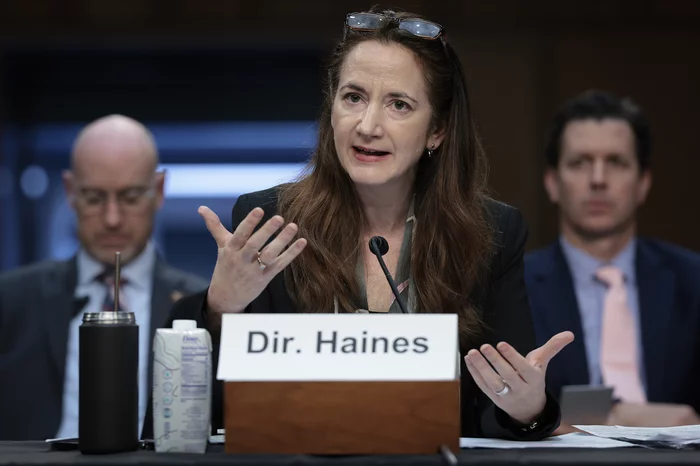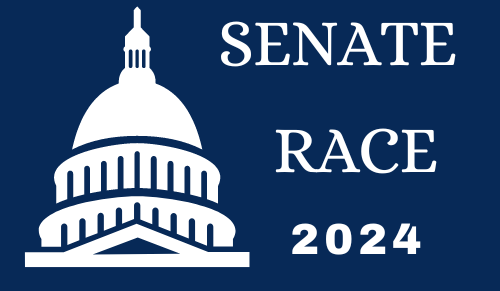
Foreign interference in U.S. elections
According to the country’s top intelligence official, U.S. elections are under greater threat than before due to foreign actors, who are leveraging advancements in artificial intelligence. Speaking before lawmakers on Wednesday, Director of National Intelligence Avril Haines emphasized the intricate challenges faced by federal, state, and local officials responsible for safeguarding the integrity of the voting process. Despite the complex threat landscape, Haines reassured the Senate Intelligence Committee that the federal government is now better equipped than ever to defend elections, drawing on the lessons learned since Russia’s attempts to influence voters in 2016. (Foreign interference in U.S. elections)
This year, Director of National Intelligence Avril Haines emphasized Russia as the foremost threat when it comes to foreign interference in U.S. elections. Employing a wide range of tactics such as state media, intelligence services, and online trolls, Russia’s aims include eroding trust in American democratic institutions, exacerbating social and political divisions within the country, and undermining Western support for Ukraine. Despite Russia’s prominence, other nations like China, Iran, and various foreign actors are also actively seeking to sway American voters.
Additionally, the proliferation of advanced AI technologies capable of creating convincing “deepfakes” targeting political candidates, coupled with the use of commercial firms as conduits for foreign activities, has facilitated more complex and widespread influence operations that are increasingly difficult to trace. (Foreign interference in U.S. elections)
The recent hearing, the first in a series dedicated to election security, underscores lawmakers’ efforts to prevent a repeat of the 2016 election meddling, which caught many off-guard, including legislators, officials, and social media executives.
Senator Mark Warner, chair of the committee, highlighted how the barriers to foreign interference have drastically decreased since then, allowing adversaries to meddle in U.S. politics more easily to further their own agendas, particularly as trust in institutions continues to decline across the political spectrum.(Foreign interference in U.S. elections).
Table of Contents
Senator Marco Rubio, the committee’s ranking Republican, expressed concerns about the credibility of those tasked with protecting elections amid widespread distrust. He raised the possibility of fraudulent videos targeting candidates surfacing just before the election and questioned how such misinformation would be debunked and the credibility of the debunking entity maintained to avoid accusations of government interference.
In response, Haines suggested that federal agencies, including hers, may debunk false claims in some cases, While in others, it might be more effective for state or local officials to take the lead in addressing them.
Here is information about Joe Biden. , Donald Trump, Chris Chaffee, Nikki Haley, Robin Ficker, Lorie Friend, Larry Hogan
